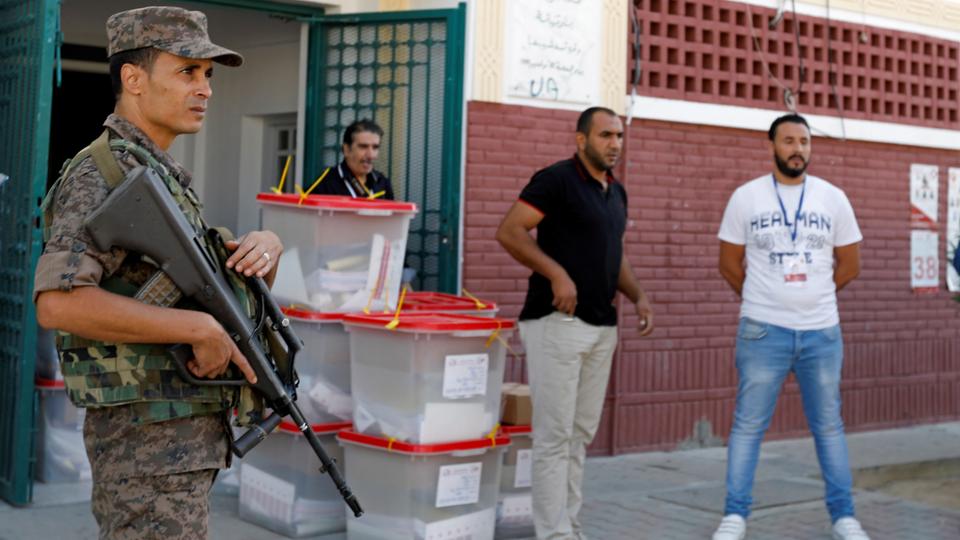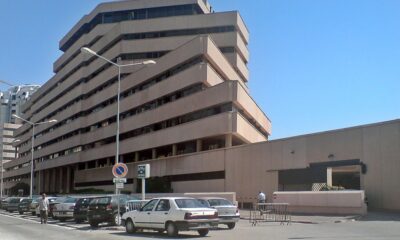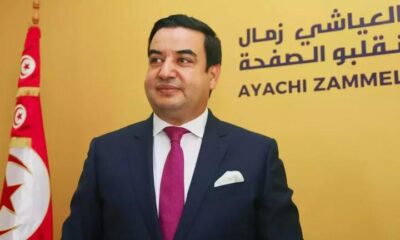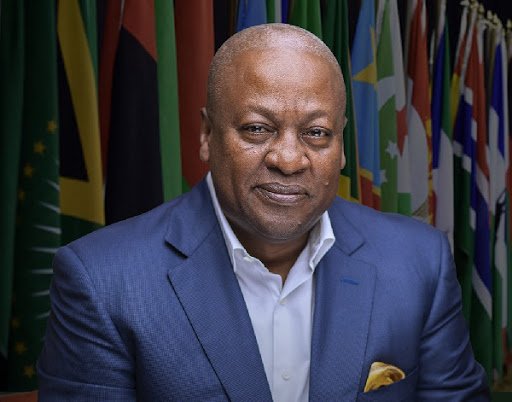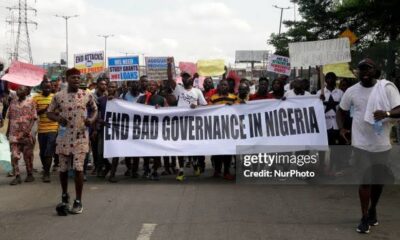In the face of intense criticism over actions the opposition claims are an attempt to weed out genuine candidates, Tunisia’s electoral commission announced on Saturday that it had only tentatively approved three presidential candidates, among them the incumbent, Kais Saied.
In addition to rejecting 14 other candidates, the commission said that it had approved the candidacies of Saied, Ayachi Zammel, and Zouhair Magzhaoui— who is perceived as being close to Saied— for the election on October 6.
Zammel, the leader of the Azimoun party, was not considered a significant political figure in the past.
Several well-known politicians, including Mondher Znaidi, Imed Daimi, Abdel Latif Mekki, Karim Gharbi, Safi Said, Kamel Akrout, and Nizar Chaari, said that the interior ministry had declined to give them the information about their criminal histories that the commission had demanded for them to be allowed to run.
They declared that the government was attempting to take Tunisia back to the dictatorship and rigged elections that characterized the country before the 2011 revolution.
Farouk Bou Asker, the president of the commission, informed reporters that the candidates’ denials were not because they had criminal record cards, but rather because they lacked citizen endorsements.
Human rights organizations and opposition parties in Tunisia have charged that intimidation and “arbitrary restrictions” are being utilized by the government to secure Saied’s reelection.
Based on a charge of buying votes, a Tunisian court this month sentenced four prospective presidential candidates to eight months in prison and disqualified them from seeking office.
Safi Said, one of the candidates, announced on Friday that he had withdrawn from the race, citing his refusal to take part in a “one-man show.” Kais Saied, who dissolved parliament and seized all powers in 2021 in a move that the opposition referred to as a coup, had declared last year that “he would not hand over the country to non-patriots.”

 Metro1 day ago
Metro1 day ago
 Metro23 hours ago
Metro23 hours ago
 Tech22 hours ago
Tech22 hours ago
 Culture22 hours ago
Culture22 hours ago
